If you've ever felt the burden of anxiety weighing heavily on you, you're not alone. Anxiety can be a challenging and overwhelming experience, but the good news is that there are effective self-help techniques that can empower you to regain control of your well-being.
So, let’s explore five proven self-help strategies that can provide relief from anxiety. These strategies are practical, accessible, and designed to help you navigate the ups and downs of anxious thoughts and feelings. By incorporating them, you'll be equipped with powerful tools to manage anxiety, cultivate calmness, and foster a greater sense of well-being.
Remember, everyone's journey with anxiety is unique, and what works for one person may not work for another. But by exploring these self-help strategies, you're taking an active step towards finding what resonates with you and discovering the path to anxiety relief that suits your individual needs.
What Is Anxiety?

Anxiety is a common mental health condition characterized by feelings of fear, apprehension, and excessive worry. It is a natural response to stress and can be experienced by anyone at various stages of life. Anxiety can range from mild to severe and can significantly affect a person's daily life if left untreated. It is crucial to understand the nature of anxiety, its causes, symptoms, and available treatments to better manage and cope with it.
What Are the Symptoms of Anxiety?
One of the most commonly experienced symptoms of anxiety is excessive worrying. Individuals suffering from anxiety often find it difficult to control their worrying thoughts, which can be intrusive and persistent. This constant worry can be exhausting and interfere with daily activities such as work, school, and personal relationships.
In addition to excessive worrying, anxiety can also manifest in physical symptoms. These may include restlessness, irritability, muscle tension, and difficulty sleeping. Many individuals with anxiety also experience a racing heartbeat, shortness of breath, and sweaty palms. These physical symptoms can be distressing and contribute to a decreased quality of life.
However, one of the most challenging aspects of anxiety is the tendency to avoid places or situations that trigger anxiety symptoms. For example, someone with social anxiety may avoid social gatherings or public speaking engagements, while someone with a phobia may avoid specific objects or situations altogether. This avoidance can seriously hinder a person's ability to engage in normal everyday activities, causing them to miss out on important opportunities and experiences.
Why Is Self-Help Important in Managing Anxiety?

Self-help plays a crucial role in managing anxiety and is often considered an essential component of anxiety management. It empowers individuals to take an active role in their own mental health and provides them with a sense of control over their symptoms.
One key factor in the importance of self-help is that it allows individuals to identify specific anxiety management strategies that work best for them. Anxiety is a highly individualized condition, and what works for one person may not work for another. By engaging in self-help techniques, individuals can explore and experiment with various coping mechanisms, such as deep breathing exercises, mindfulness meditation, or engaging in physical activities, to discover which strategies are most effective in reducing their anxiety symptoms.
Additionally, self-help is a cost-effective and accessible approach to anxiety management. While therapy and medication can be beneficial, they may not always be readily available or affordable for everyone. Self-help techniques, on the other hand, can be practiced at any time, in any place, without the need for professional assistance. This accessibility allows individuals to actively engage in anxiety management on their own terms, without relying solely on external support.
Furthermore, self-help promotes self-awareness and self-empowerment. By actively participating in the management of their anxiety, individuals gain a deeper understanding of their triggers, thought patterns, and coping mechanisms. This self-awareness allows them to develop a personalized toolkit of strategies to prevent and alleviate anxiety symptoms.
3 Types of Anxiety Disorders

There are three main types of anxiety disorders: Generalized Anxiety Disorder (GAD), Panic Disorder, and Social Anxiety Disorder (SAD). Each of these disorders exhibits distinct symptoms and characteristics.
Generalized Anxiety Disorder is characterized by excessive worry and anxiety about everyday life events and activities. Those with GAD often struggle to control their worry, experience restlessness, have difficulty concentrating, and may feel easily fatigued. They may also have physical symptoms such as muscle tension and sleep disturbances.
Panic Disorder, on the other hand, is marked by recurring panic attacks. Panic attacks are intense episodes of fear and distress that come on suddenly and reach a peak within minutes. Symptoms of a panic attack include rapid heartbeat, difficulty breathing, dizziness, sweating, and a feeling of impending doom. People with Panic Disorder may constantly worry about experiencing another panic attack and may avoid certain situations as a result.
Social Anxiety Disorder, also known as social phobia, is characterized by an intense fear of social situations. Individuals with SAD may fear being embarrassed, humiliated, or judged by others. They may avoid social interactions or endure them with extreme distress. Physical symptoms such as blushing, trembling, and sweating can also accompany social anxiety.
Treatment options for anxiety disorders include therapy, medication, or a combination of both. Cognitive-behavioral therapy (CBT) is commonly used to help individuals identify and change negative thought patterns and develop coping strategies. Medications such as selective serotonin reuptake inhibitors (SSRIs) or benzodiazepines may be prescribed to manage symptoms. Additionally, relaxation techniques, exercise, and stress management strategies can also be beneficial in reducing anxiety symptoms.
5 Self-Help Strategies for Anxiety Relief

When it comes to managing anxiety symptoms, there are several self-help strategies that can provide relief. These techniques can be used alongside professional help or as standalone coping strategies. In this article, we will explore five effective self-help techniques for stress and anxiety relief.
- Deep Breathing: Deep breathing exercises are a powerful tool for managing anxiety. Taking slow, deep breaths helps activate the body's relaxation response and calms the mind. By focusing on your breath, you can redirect your attention away from anxious thoughts and promote a sense of calm.
- Physical Exercise: Engaging in regular physical activity has been shown to reduce anxiety and stress. Exercise releases endorphins, the body's natural feel-good chemicals, which can improve mood and overall well-being. Incorporating activities like brisk walking, jogging, or yoga into your routine can effectively alleviate anxiety symptoms.
- Mindfulness and Meditation: Mindfulness practices, such as meditation, can help individuals become more aware of their thoughts and emotions in the present moment. By practicing mindfulness, individuals learn to observe their anxious thoughts without judgment, allowing them to detach from their worries and bring their attention back to the present.
- Healthy Lifestyle Habits: Maintaining a healthy lifestyle can significantly impact anxiety levels. Prioritize getting enough sleep, eating a balanced diet, and reducing caffeine and alcohol consumption. These lifestyle habits support overall well-being and can contribute to a more stable mood and reduced anxiety.
- Self-Care: Engaging in self-care activities can help individuals relax and manage anxiety. This may involve taking a warm bath, reading a book, listening to music, or engaging in hobbies and activities that bring joy. Prioritizing self-care helps to reduce stress and promote emotional well-being.
Takeaway
Anxiety is a common mental health condition characterized by excessive worry and fear. It can significantly impact daily life if left untreated. However, there are self-help strategies available to manage anxiety effectively. These strategies include deep breathing exercises, engaging in physical exercise, practicing mindfulness and meditation, maintaining a healthy lifestyle, and prioritizing self-care activities. Self-help is important because it allows individuals to take an active role in their mental health and find strategies that work best for them. By incorporating these strategies, individuals can reduce anxiety symptoms, cultivate calmness, and improve their overall well-being.
Renpho Health Tips
-
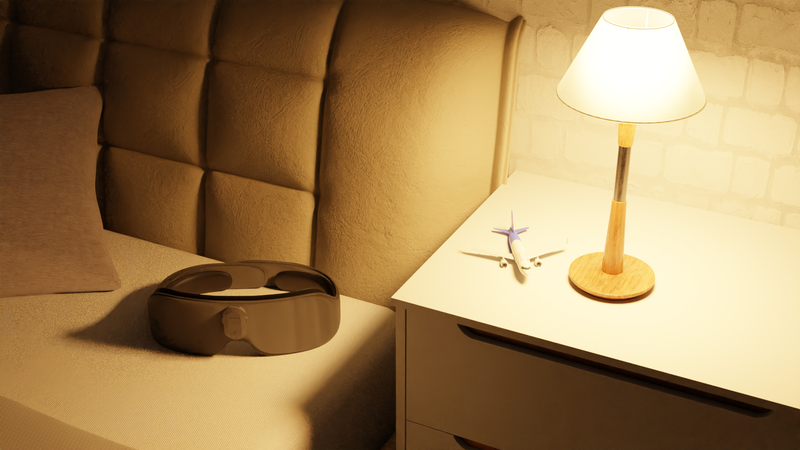
Say Goodbye to Jet Lag: 5 Proven Techniques for a Restful Travel Experience
March 15, 2024
Read more >
-
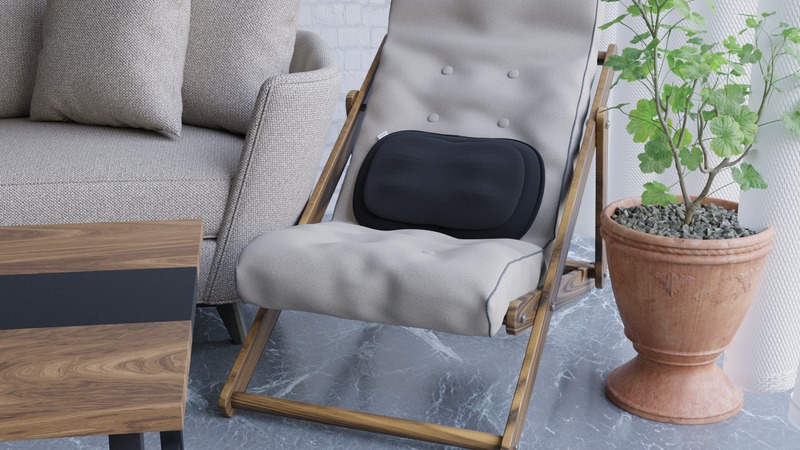
The Ultimate Stress Buster: How a Shiatsu Massage Pillow Can Transform Your Health
March 5, 2024
Read more >
-
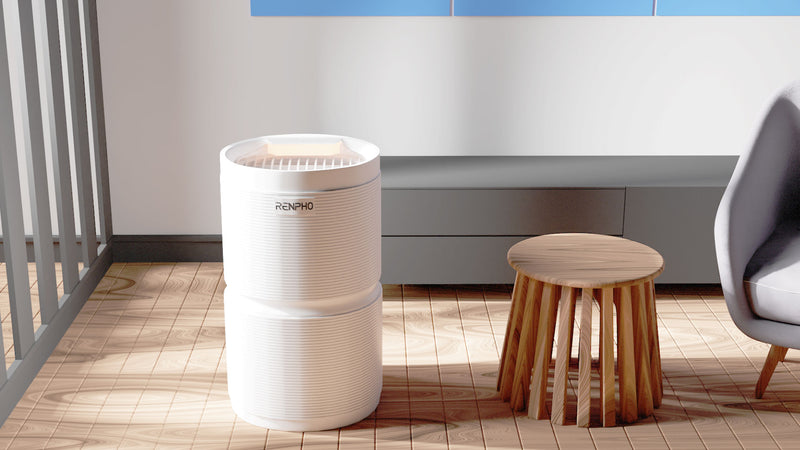
Fresh Air, Fresh Start: How Air Purifiers Enhance Your Indoor Environment
March 5, 2024
Read more >
-
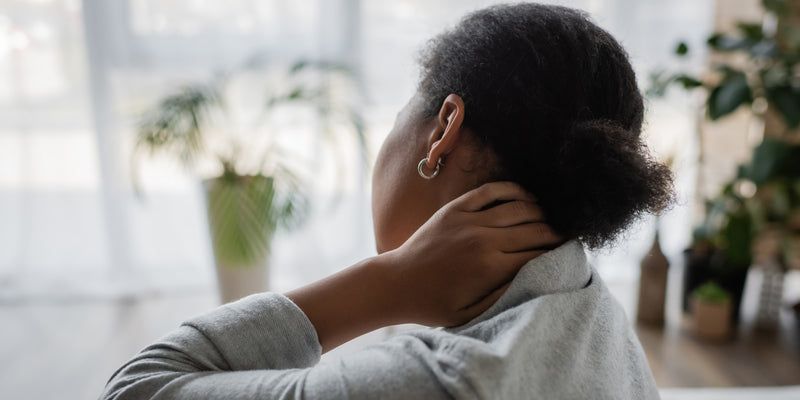
5 Reasons Why Neck Massagers Are Effective Against Neck Tension
February 29, 2024
Read more >
-
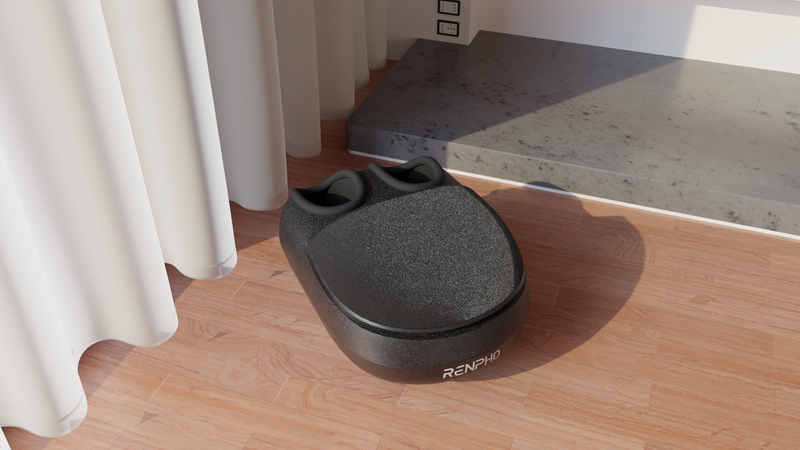
Relax and Recharge Your Body with the Amazing Benefits of Shiatsu Massagers
February 27, 2024
Read more >
